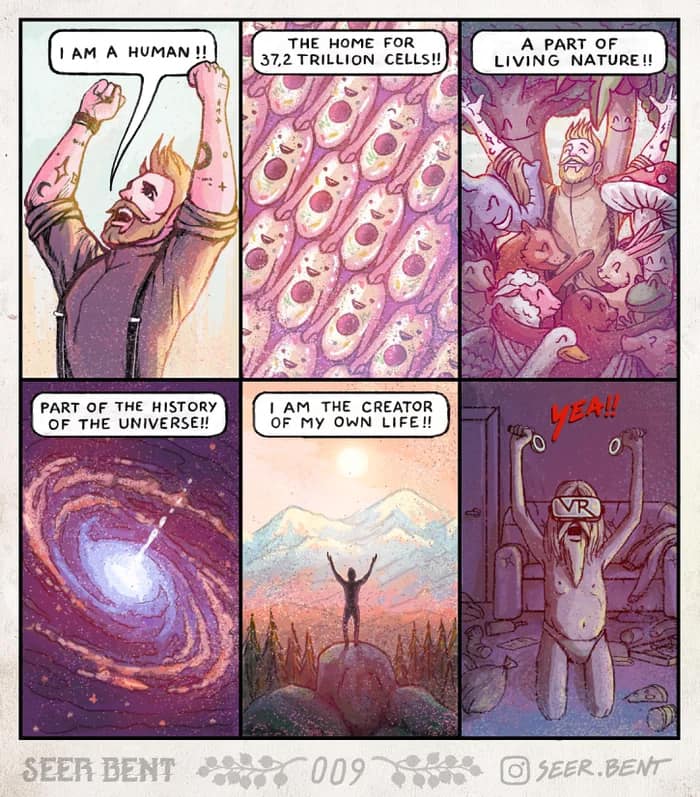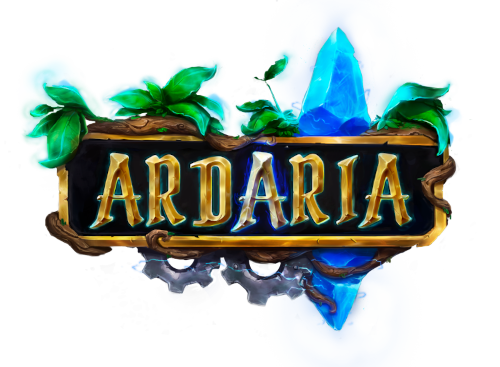

Share our video teaser
Metahype
Jean-Baptiste BriantAnthony Cheadle

The Web3 industry is mostly full of useless features
If you're like most people, you're probably feeling a little overwhelmed by the number of new Web3 projects and products out there. It seems like every day there's a new DApp, P2E blockchain game, or NFT project to learn about, and it can be hard to know which ones are worth your time. In this blog post, we're going to talk about some of the features of Web3 that I think are useless, and why you should avoid them. When we're done, you'll have a better understanding of what to look for in a Web3 project, so you can make sure you're not wasting your time on something that's not going to amount to anything.
What happened to the dream of the Metaverse?
Most people would know that the idea of a Metaverse was first conceptualized in Neal Stephenson's 1992 science fiction novel Snow Crash. In his book, Stephenson describes a virtual world that is like the internet as we know it, but with one key difference: users are represented by avatars and can interact with each other in a three-dimensional space. What many people don't know is that the Internet as we know it, Web 2.0, was based on the ideals of a handful of techno-libertarians who, in their creation of the first iteration of the Web, the read-only Web 1.0, wanted to create a decentralized, open and borderless space where people could interact with each other without interference from governments or corporations. Web pioneer Tim Berners-Lee even wrote a short paper in 1998 in which he described his motives in creating the Internet: "the dream behind the Web is of a common information space in which we communicate by sharing information."
So, what happened to this dream of a decentralized, open Web?
The problem is that the Web as it exists today is far from being decentralized or open In fact, it's quite the opposite. Most of the Web is controlled by a handful of powerful corporations, like Google, Facebook, and Amazon. These companies have near-monopolies on many aspects of the Web, and they use their power to control what we see and do online. They sell our data to the highest bidder, censor our content, and manipulate us for their own profit. The Metaverse was supposed to be a shared virtual space where people could meet, interact, and do business free from the constraints of mega-corporations, but Web The Web we have today is the product of these corporations, not of the idealists who first created it. In the years since Snow Crash was published, many people have tried to create their own versions of the Metaverse, but so far none of them have been particularly successful.
The three biggest problems with Web3
The metaverse is just a gigantic VR chat
It's not really that revolutionary - we've had VR chatrooms for years. Web-based VR is nothing new, and while it's cool that you can now explore these spaces with other people, it doesn't really change the fact that they're just chatrooms. A metaverse does not need VR and VR should not be a hyped feature for any metaverse. It's not world-changing technology, every time you see project hype based on VR as a main feature, you should be twice aware.
Facebook Metaverse is more like a Second Life reboot than anything
Second Life was one of the first attempts at creating a virtual world that was based on the Web, and it was pretty successful for a time. However, it eventually fizzled out, due in part to its lack of innovation. Facebook Metaverse is basically just a Second Life reboot, and while the world shape changed a lot with a lot more of our life being digitalized, I don't see people invest passion into shaping this "alternate reality". People don't want to spend their time in a virtual world that's just a copy of the real world, they want something new and different.
Players are treated like consumers
Blockchain gaming was meant to be a way to subvert the traditional game industry, which is notoriously exploitative of its players. However, the P2E games of today are just as bad, if not worse and the crypto gaming has a terrible reputation among gamers. In these games, players are treated like consumers, with a focus on monetization. There's no room for fun, creativity or exploration (except some rare exemples), and the games are more like casinos than anything else. And all of this is hidden by giving players ownership of what amounts to useless assets.
Ardaria is a true virtual world
Ardaria is a new take on the MMO genre, blending classic gameplay with cutting-edge technology. Our goal is to create a living, breathing world that is owned and governed by the players. With Ardaria, there is no pay-to-win: all in-game items can be traded or sold on the open market, and revenue is shared with the players who help to keep the economy running. We believe that this model will create a more stable, fair, and fun game world for everyone involved. So come join us on this journey into the unknown and help us build something truly special.



